Portuguese Ministry of Defense Picks Elecnor Deimos for SSTS Development
28th May 2021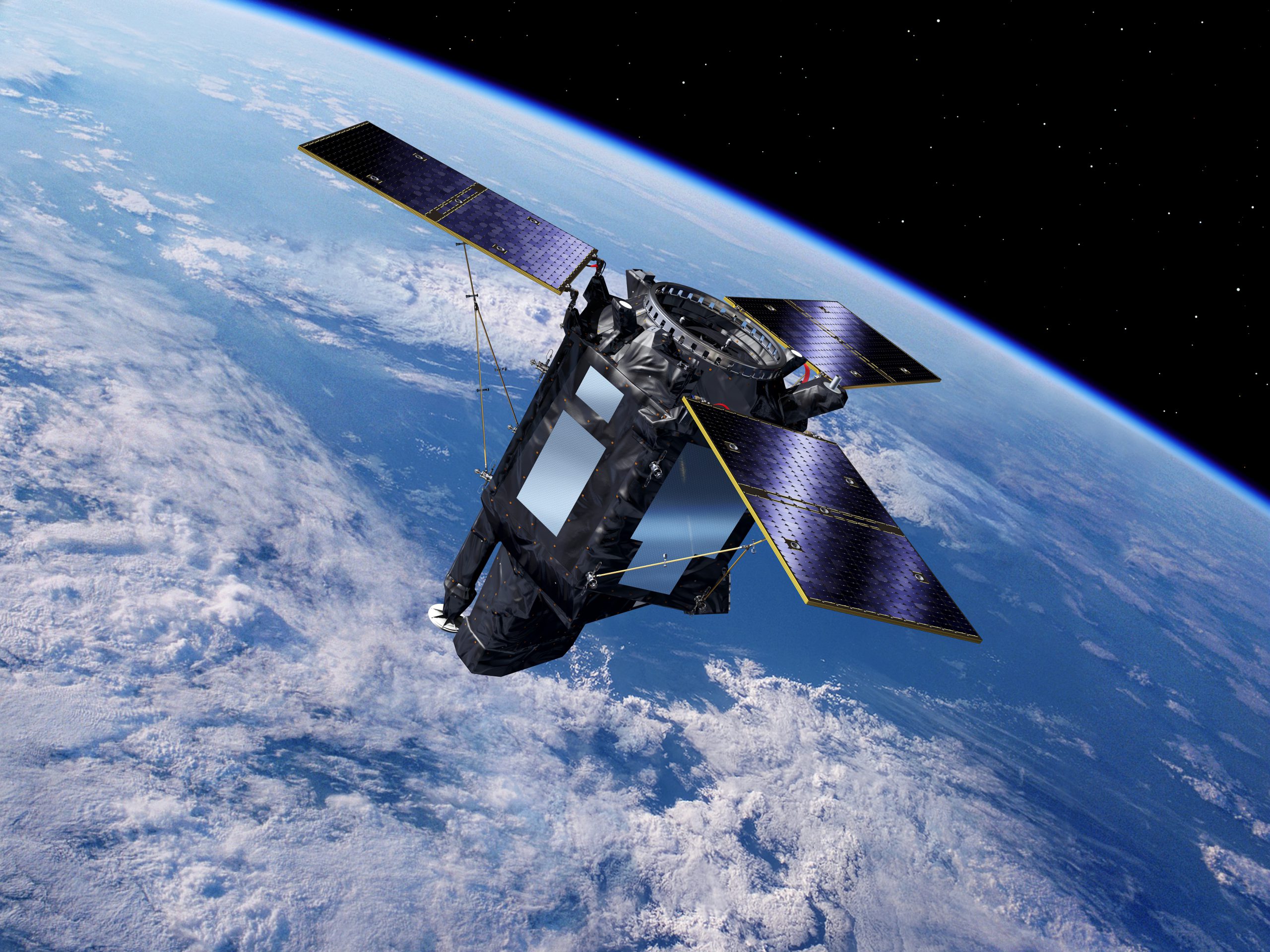
Elecnor Deimos will help the Portuguese Ministry of Defence deploy a Space Surveillance and Tracking System. The system aims to increase space safety and awareness and consists of a surveillance and operations centre in Madeira Island and Terceira Island, respectively. Elecnor’s Portuguese branch, Deimos Engenharia, was chosen by the MoD in 2020, after an international tender.
Why Elecnor Deimos?
Elecnor Deimos is one of the leading technology and innovation companies in Europe. Founded in 2001, the company has been a leading participant in all ESA projects related to situational awareness. Deimos uses the latest surveillance and tracking technology, possessing both an intellectual and a technical base. Its developed infrastructure, own observatory, and supreme data processing capabilities make Deimos a next-to-obvious choice to design the SST system for the MoD.
SSTS Importance & Technical Capabilities
The system will consist of two optical telescopes – one for surveillance and one more for tracking – and an operations centre. Elecnor will add another telescope for observation in the Azores region.
The SST system’s main purpose is to assess in-orbit collision risks. This implies observing defunct satellites and their fragments in orbit. Even though the system will not be fully operational until mid-2021, it has already started observing thousands of space debris and other potentially dangerous objects in our atmosphere.
Keeping track of space debris is crucial for global economies, as more and more countries rely on space tech for navigation and telecommunications.
To date, around 2000 satellites are active in the Earth’s orbit, but even more are defunct or damaged. Accumulation of space debris increases risks of collision with operational spacecraft and, thus, the issue has to be addressed. Elecnor Deimos and Portuguese MoD will strive to mitigate those risks by real-time observation and analytics capabilities.
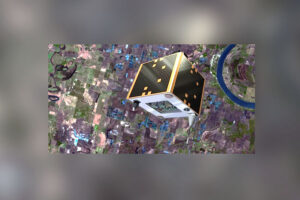

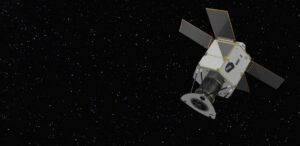
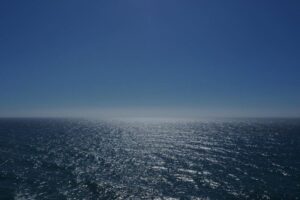
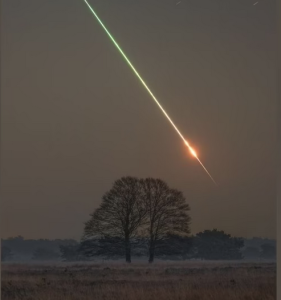

Thank you for your comment! It will be visible on the site after moderation.